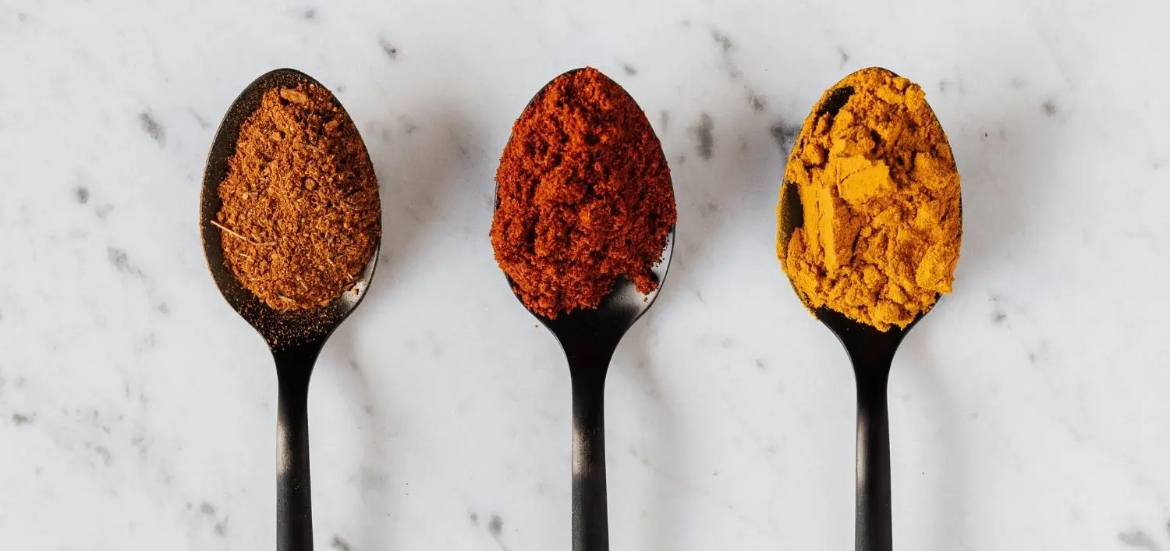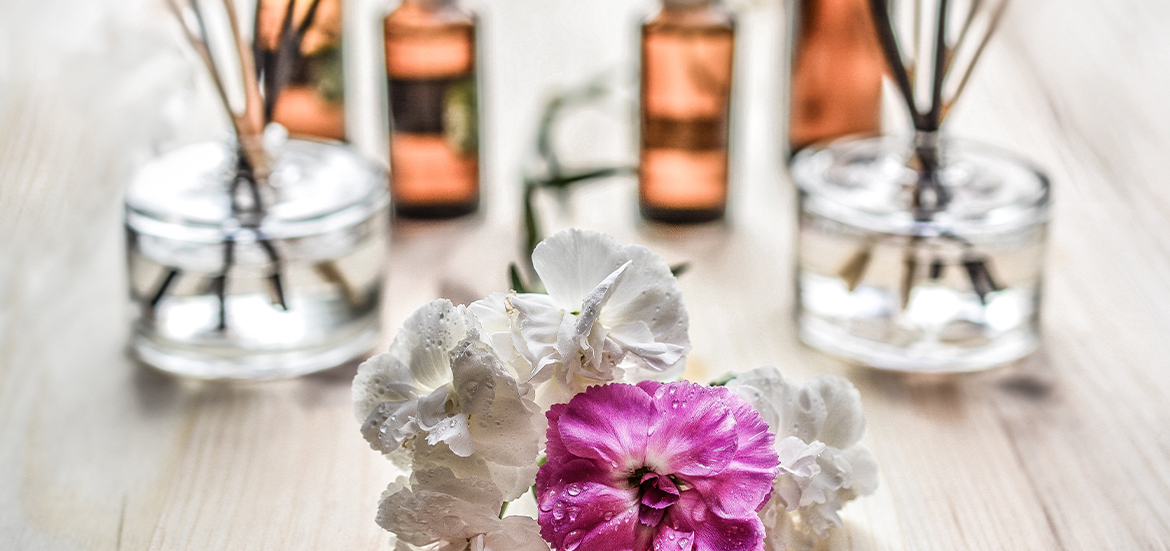
Ways to Boost
Your Energy Level
without Caffeine
Who couldn’t use an energy boost? Most people reach for caffeine and that’s not always a healthy approach. Over time, your body adapts to the caffeine you take in and you have to consume more to get the same energy surge. If you consume large amounts, you can get a rise in the stress hormone cortisol and that’s not healthy for your bones, immune system, body composition, or your health.
By now, you’re probably wondering what you can do to boost your energy level without caffeine. Let’s look at some healthier approaches to getting more energy and stamina.
Eliminate Sugar from Your Diet
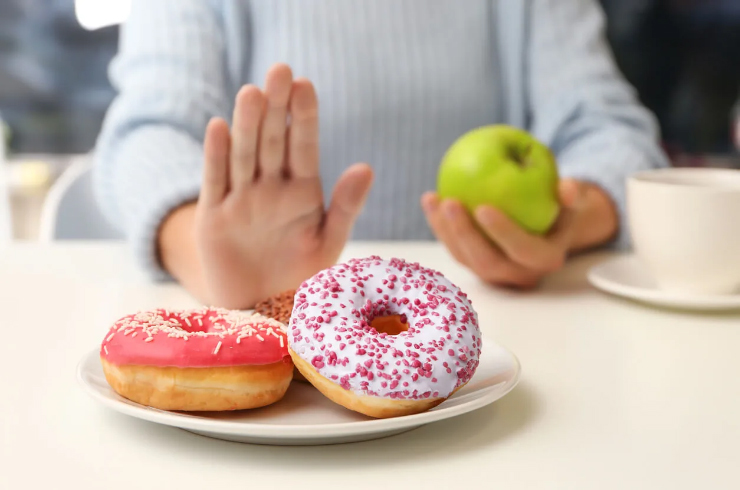
Do you eat a high-sugar diet? Sugar causes blood sugar swings that take your energy level on a roller coaster ride. You feel briefly energized after eating it, but an hour later you feel drained when your blood glucose swings back down.
By cutting back on sugar and refined carbohydrates from your diet, your blood sugar levels will be steadier without the up and down swings that make you feel up one minute and down the next. Add a source of protein to each meal and snack too. Protein will help stabilize your blood glucose level and keep your energy level steady.
Take a Walk Outdoors
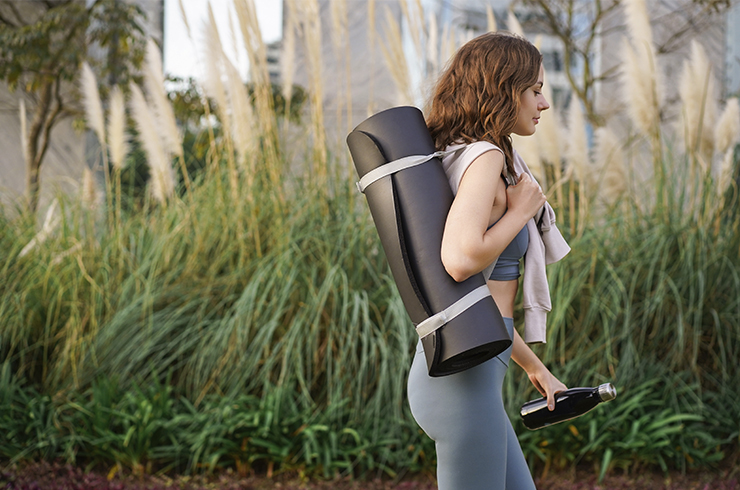
It might be the last thing you feel like doing, but an outdoor walk can re-energize your body and mind. It's hard to get started, but once the "feel good" hormones called endorphins start coursing through your body, you'll be glad you did.
The walk you take doesn't have to be intense. Low-intensity exercise works too. A University of Georgia study found that regular, low-intensity exercise can decrease fatigue by 65%. That's a change worth making!
Open the Curtains in the Morning
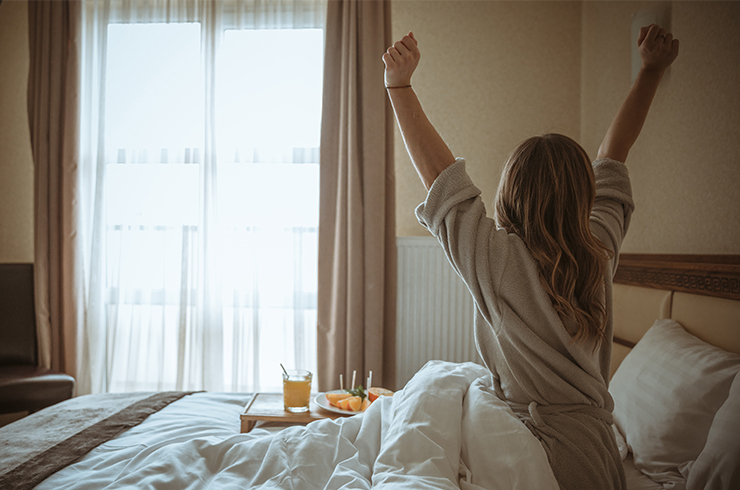
Setting your biological clock properly will help maximize your energy throughout the day. The way to do that is to open the blinds and let natural light in as soon as you wake up in the morning. According to the Centers for Disease Control and Prevention, light exposure an hour after awakening properly sets your biological clock and can help you fall asleep faster at night. Better sleep will help replenish your energy reserves.
Cut Back on Blue Light at Night
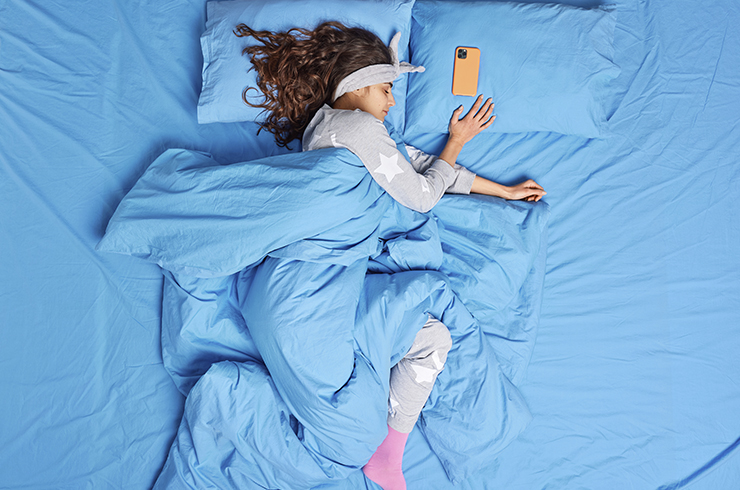
Blue light from devices makes it harder to fall asleep and you can end up sleep deprived if you take your devices to bed with you every night. Try to put your devices aside two hours before bedtime. If you can't, go into settings and change it to night mode to reduce blue light exposure. Make sure you're turning in to sleep at a reasonable time too.
Kick Bad Habits
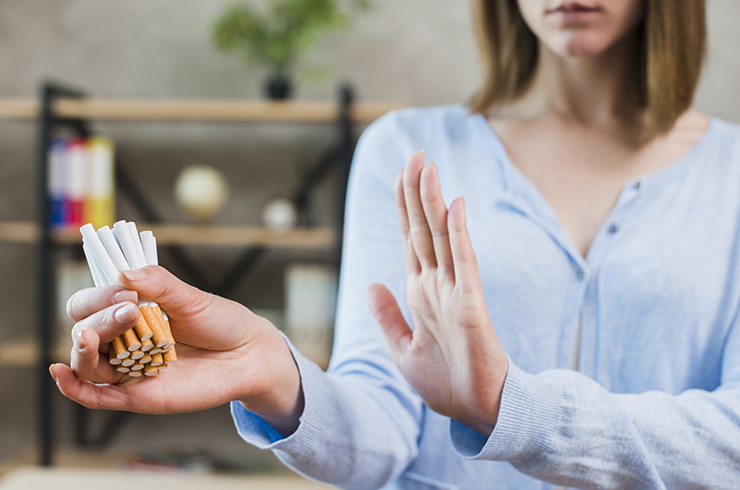
Smoking reduces oxygen delivery to every cell in your body. Have you ever noticed how you yawn more after smoking a great deal? It's your body begging for more oxygen. Kicking the habit will help your body deliver more oxygen to every cell in your body, so you'll have more stamina and energy. Likewise, don't drink too much alcohol as it has a depressant effect on the body and also depletes your body of nutrients, like B-vitamins, that play a role in energy production.
Sip Water Throughout the Day
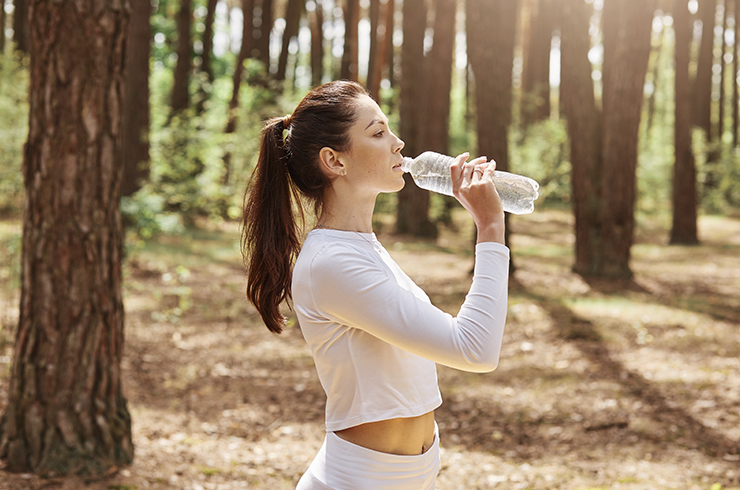
Even mild dehydration can cause fatigue and a mild headache. In fact, you can be mildly dehydrated before you even feel thirsty. The solution? Carry a stainless-steel water bottle filled with pure water with you and sip it throughout the morning, afternoon, and evening. The risk of dehydration is higher the more active you are and the more hot and humid the climate you live and work in. If you exercise for more than an hour, it's best to drink a beverage with electrolytes such as coconut water.
The Bottom Line
Now you know what to try if you lack energy. If you feel persistently tired and low on energy, see a doctor. Health conditions like anemia, diabetes, or an underactive thyroid can also zap your energy and make you feel tired. However, a lack of energy can also be a side effect of unhealthy lifestyle habits.

